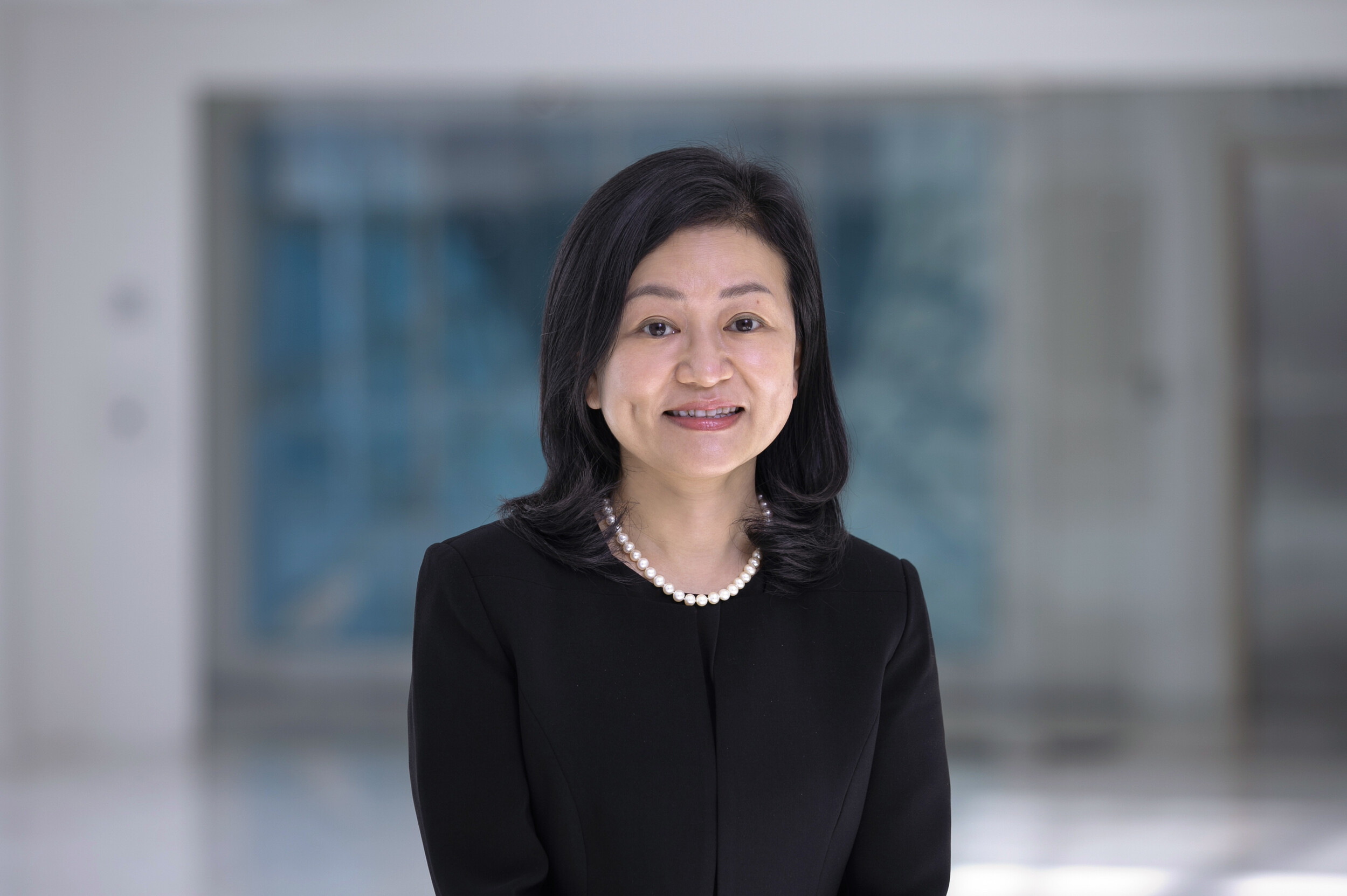Policy shifts keep more seniors in Singapore’s workforce, study finds
- Josephine Tan
- Topics: Home Page - Features, Mobility, News, Singapore

Singapore’s 2022 move to raise the retirement and re-employment ages is helping more older employees remain in the workforce, according to a new study by the Ministry of Manpower (MOM).
The study, led by MOM senior economist Yuen Wing Shan and lead economist Samuel Huang, found that after the minimum retirement age increased from 62 to 63 on 1 July 2022, the employment rate among affected seniors rose by 0.4 percentage points compared with peers not covered by the policy change.
Similarly, raising the re-employment age from 67 to 68 lifted employment rates for the impacted group by 0.7 percentage points. Researchers tracked the employment outcomes of around 180,000 residents born between 1959 and 1961 to assess the effects of the retirement age change, and about 160,000 residents born between 1954 and 1956 for the re-employment age analysis.
Under current legislation, resident senior employees who joined their organisations before turning 55 are entitled to work until the minimum retirement age of 63. Employers must also offer eligible employees the option to continue working until the re-employment age of 68, provided they meet performance and health requirements.
According to the study, the 2022 policy changes are effective because they “provide legislative protection and set the social norms of retirement for senior employees.” By shifting expectations among both employees and employers, the extended ages encourage seniors to remain economically active and give organisations greater access to experienced talent.
READ MORE: Bridging the retirement readiness gap – A strategic HR opportunity
The research highlighted that the rise in retirement age particularly benefited seniors in knowledge-intensive roles within manufacturing and wholesale trade, sectors where employers might otherwise favour younger employees with more up-to-date skills. Seniors living in larger flats or private housing also tended to delay retirement, possibly to maintain full salaries and benefits for an additional year.
However, the study noted that most seniors still retire close to the statutory ages—63 for retirement and 68 for re-employment—indicating that while the measures help to delay retirement, they do not necessarily extend working lives far beyond the set limits.
The Retirement and Re-employment Act, first introduced in 2012, has undergone several revisions as part of Singapore’s long-term plan to raise the retirement age to 65 and re-employment age to 70 by 2030, in line with longer life expectancies and the challenges of an ageing population, reported The Straits Times.






